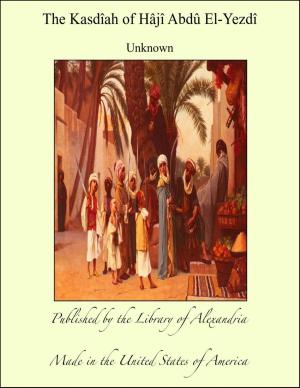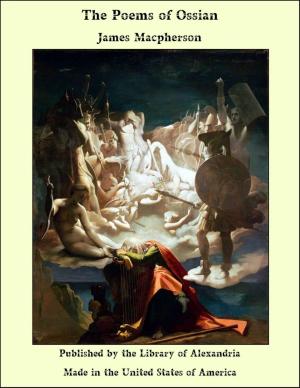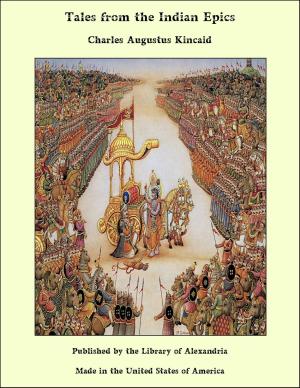The Religious Life of London
Nonfiction, Religion & Spirituality, New Age, History, Fiction & Literature| Author: | James Ewing Ritchie | ISBN: | 9781465546814 |
| Publisher: | Library of Alexandria | Publication: | March 8, 2015 |
| Imprint: | Language: | English |
| Author: | James Ewing Ritchie |
| ISBN: | 9781465546814 |
| Publisher: | Library of Alexandria |
| Publication: | March 8, 2015 |
| Imprint: | |
| Language: | English |
The Negro came to America with the pagan idea of his African ancestors; he acquired under slavery a number of Christian ideas, and at the present time he is slowly learning what those ideas mean in practical life. He is learning, not merely what Christians believe, but what they must do to be Christians. The religious ideas which the Negroes brought with them to America from Africa were the fragments of a system of thought and custom, which, in its general features, is common to most barbarous people. What we call “fetichism” is, I suppose, merely the childish way of looking at and explaining the world, which did not, in the case of the people of West Africa, preclude a belief in the one true God, although He was regarded by them as far away and not interested in the little affairs of men. But the peculiarity of their primitive religion, as I have learned from a very interesting book written by one who has been many years a missionary in Africa, consists in this, that it sought for its adherents a purely “physical salvation.” In the religion of the native African there was, generally speaking, no place of future reward or punishment, no heaven and no hell, as we are accustomed to conceive them. For this reason, the Negro had little sense of sin. He was not tortured by doubts and fears, which are so common and, we sometimes feel, so necessary a part of the religious experiences of Christians. The evils he knew were present and physical
The Negro came to America with the pagan idea of his African ancestors; he acquired under slavery a number of Christian ideas, and at the present time he is slowly learning what those ideas mean in practical life. He is learning, not merely what Christians believe, but what they must do to be Christians. The religious ideas which the Negroes brought with them to America from Africa were the fragments of a system of thought and custom, which, in its general features, is common to most barbarous people. What we call “fetichism” is, I suppose, merely the childish way of looking at and explaining the world, which did not, in the case of the people of West Africa, preclude a belief in the one true God, although He was regarded by them as far away and not interested in the little affairs of men. But the peculiarity of their primitive religion, as I have learned from a very interesting book written by one who has been many years a missionary in Africa, consists in this, that it sought for its adherents a purely “physical salvation.” In the religion of the native African there was, generally speaking, no place of future reward or punishment, no heaven and no hell, as we are accustomed to conceive them. For this reason, the Negro had little sense of sin. He was not tortured by doubts and fears, which are so common and, we sometimes feel, so necessary a part of the religious experiences of Christians. The evils he knew were present and physical















